Maintaining a healthy gut is basic to overall wellness, and food plays a particularly important role in how our digestive system functions and remains healthy. From how our bodies digest it to how it affects immunity, mood, and even skin health, gut health plays into so many aspects of our physical and mental well-being. Everyone wants to have a healthy gut. For this purpose, it requires eating the right food that can help in maintaining a well-balanced gut, a sound digestion system, and relieve one from common digestive discomforts, such as bloating and constipation.
A healthy gut not only helps in digestion, but also acts as the body’s support system for the immune system. The trillions of bacteria living in your gut put all their energy into maintaining that delicate balance, and everything from nutrient absorption to clarity of mind is involved in it. Neglecting gut health can lead to problems like inflammation, irregular bowel movements, and even chronic diseases. Including gut-friendly foods in your diet helps nourish the healthy microorganisms in your microbiome, reduce inflammation and thus enjoy better digestive health. In this blog, we will discuss the top 10 good digestive foods that can help support your gut health and promote smooth digestion.
1. Fermented Foods (Kefir, Yogurt, Kimchi)
Fermented foods contain probiotics-meaning they contain good bacteria that fuel healthy gut microbiomes and good digestion. Fermentation modifies food so that it becomes better for gut-friendly digestion. Beneficial bacteria are 'dressed onto' fermented foods; these feed good bacteria that dwell in the intestines. Humans consume yogurt, kefir, kimchi, sauerkraut, and kombucha, foods that have been eaten for thousands of years, because they feed the beneficial gut bacteria which maintain the health of the gut and easily cope with digestive issues.
- Why They're Good for Digestion: Fermented foods contain probiotics, which increase the number of beneficial bacteria in the gut microbiota. Proper digestion and healthy bowel function depend on this balance. Such foods can restore the gut's good flora after digestive upsets and boost nutrient absorption from food.
- Add to Your Diet: A serving of yogurt or kefir may be taken at breakfast, while kimchi may be used as a condiment to the other meals. Fermented vegetables such as sauerkraut can be added to sandwiches and salads to enhance the gut boost further.
2. Whole Grains (Oats, Quinoa, Buckwheat)
A diet of whole grains maintains a healthy gut; it contains fiber, which is essential to digestive health. Fiber ensures constant, smooth bowel movement without constipation, helping move stool out without any complications. In addition to this, the prebiotic fiber in whole grains feeds the good bacteria inside the gut and thus leads to a healthier microbiome.
- Why they are good for digestion: They help maintain digestion as they contain both soluble and insoluble fibre. Consuming them reduces the risk of constipation and improves the diversity of gut bacteria. These foods have been linked to a lower risk of digestive disorders such as colorectal cancer.
- Include in your day: Start your day with whole grains like oats or quinoa. Replace refined grains including white rice and pasta with whole grains like quinoa, brown rice or buckwheat to increase your fibre intake.
3. Bananas
Bananas are not only a delicious and easy-to-eat snack, but are also great for digestive health. They contain prebiotic fiber, which stimulates the growth of beneficial bacteria within the gut. Additionally, bananas are rich in potassium, which is helpful in maintaining electrolyte balance, especially after diarrhea or any digestive tract upset.
- Why They're Good for Digestion: Bananas soothe the stomach, reduce bloating, and gently help with constipation. The fiber will regulate your bowel movements, while the prebiotics feed friendly gut bacteria.
- Add Them to Your Diet: Bananas are amazing snacks on-the-go, but you can also chop them into your smoothies, sprinkle them on top of oatmeal at breakfast time, or put a dollop of peanut butter with it.
4. Leafy Greens (Spinach, Kale, Broccoli)
Leafy vegetables rich in fibre, vitamins and antioxidants can be consumed. These vegetables improve digestive regulation and help establish a balanced gut microbiome. Cruciferous vegetables, especially broccoli, prove to be extremely powerful due to the fact that they are able to beneficially increase the diversity of the gut microbiome, which is highly important for the digestive system.
- They're good for digestion: The high fiber content in leafy greens helps keep stool moving regularly, and increases the activity of digestive enzymes. The antioxidants in kale, spinach and every other green help improve digestive function by reducing inflammation, preventing irritation and dysfunction.
- Try incorporating them into your diet: Spinach and kale can be blended into smoothies or simply tossed into salads. Many of the digestive benefits will remain if they're steamed or sautéed. Add broccoli to stir-fries, soups or roast it for an easy side dish.
5. Ginger
Ginger is one of the oldest remedies for digestive ailments, from nausea and indigestion to inflammation. Its anti-inflammatory and antioxidant properties make it a healthy supplement to your diet, serving important purposes for digestive health.
- Why it's good for digestion: Ginger stimulates the production of bile, which is an important agent in fat digestion. It also relaxes the digestive system and thus helps reduce the adverse effects of bloating and nausea, typically after large meals.
- Include it in your diet: If you like fresh ginger, you can add it to tea, smoothies or juices for a refreshing taste. You can also add it to stir-fries or soups or chew a small piece of fresh ginger as a digestive aid after a meal.
Also Read: How a Probiotic Diet Can Improve Your Gut Health
6. Berries (Blueberries, Raspberries, Strawberries)
Berries are a great gut health food, containing high amounts of fiber and polyphenols along with antioxidants. Blueberries, raspberries and strawberries contain all of the above elements. The prebiotic range of fiber in berries nourishes the good bacteria within your digestive system. The antioxidants also help reduce inflammation and support general immunity.
- Why they are good for digestion: Berries improve the diversity of your gut microbiota, reduce oxidative stress, and facilitate good functioning in the digestive system.
- How to incorporate them into your diet: Berries can be a snack in themselves or mixed with oatmeal or yogurt, or even with your favorite smoothie. It can be used as a topping for pancakes or waffles, which can make breakfast more stomach-friendly.
7. Bone Broth
Another good option to include in your healthy gut diet is bone broth. Animal bones such as chicken or beef are simmered for hours and are a very rich source of collagen, gelatin and amino acids – particularly glutamine, which repairs and maintains the integrity of the lining in the gut.
- Why It's Good for Digestion: Bone broth heals the gut lining for those suffering from leaky gut syndrome and actually reduces inflammation and heals and restores the lining of the gut, which often is irritated through digestion and involved in protein as well as fat digestion.
- Incorporate Into Your Diet: Warm bone broth can be sipped as a snack, or used as a base to make soups, stews, and sauces. It's a soothing and nourishing way to boost gut health.
8. Avocados
Avocados do contain healthy fats and fiber, which are both essential for digestive health. Monounsaturated fats present in avocados form a soothing agent on the digestive tract, while the fiber gives easy stool passage to the bowels.
- Why They're Good for Digestion: Avocados contain fiber that aid in the regulation of bowel movement and help prevent constipation. Healthy fats help support the absorption of fat-soluble vitamins and provide some anti-inflammatory benefits which aid in overall gut health.
- Add Avocado to Your Diet: Add slices of avocado onto your salads, mash them onto whole-grain toast, or blend it into a smoothie for creamy texture and digestive support.
9. Garlic
It has natural antimicrobial, antifungal, and antibacterial properties that are believed to foster a healthy gut microbiome, in addition to stimulating the production of digestive enzymes to break food down and then absorb it where it is needed.
- Why Is Good for Digestion: Garlic helps balance the gut bacteria by enhancing good bacteria as well as limiting the growth of harmful bacteria. It also facilitates fat and proteins breaking down in the gut.
- Use in Food: Fresh garlic has to be used in food preparation. The vegetables could be roasted and drizzled with it; it can be added to sauces or pureed into soups. It should also be included in salad dressings for extra flavor.
10. Papaya
Another tropical fruit that aids in digestion is the papaya. This is because of an enzyme called papain, which breaks down proteins in the digestive tract. So it aids in digestion, and is full of fiber and antioxidants for overall good health through reduced inflammation and healthy gut flora.
- Why It's Good for Digestion: It will support protein digestion through the use of the papain enzyme and help maintain bowel regularity with its fiber content. The antioxidants in papaya can combat oxidative stress and inflammation in the gut.
- Incorporate Into Your Diet: It can be incorporated into the diet through a fresh fruit snack, mixed into smoothies, or added to a fruit salad for a healthy and gut-friendly treat.
Signs of Poor Digestion

Listening to your body and recognizing when your digestive system is not functioning properly is all about feeling you. Signs of poor digestion include:
- Bloating: Feeling uncomfortably full or full to bursting after eating.
- Constipation: Stools are less frequent or difficult to pass.
- Diarrhea: Loose, watery stools may reflect a reduction in the efficiency of digestion.
- Acid Reflux: Heartburn, or indigestion occurs when stomach acid flows up to the esophagus.
- Fatigue: Poor digestion leads to improper absorption of nutrients, causing feelings of fatigue and low energy.
If any of the symptoms stated above are present, then one should change their diet and add some gut-boosting food. If they persist, one should consult a medical practitioner for further review.
Conclusion
Change your diet today and Boost gut health With these top 10 good digestive foods. Maintain your gut microbiome, enhance digestion, and reduce symptoms of typical everyday digestive discomforts. Fermented foods, whole grains, leafy greens, and fiber-Top 10 Digestive Foods to Support Gut Health
A healthy gut is at the heart of overall wellness. And that's dramatically changing everything from how you digest food to your immune system and even mental health. What we eat impacts the health of our digestive system. Because of this, the right foods can play a key role in improving gut health, among others: smooth digestion, reduced inflammation, and improvements in the gut microbiome. The following article explores the top 10 digestive foods that promote gut health, and we are especially looking at nutrient-dense options to optimize digestion, reduce symptoms of discomfort, and contribute to overall wellness.

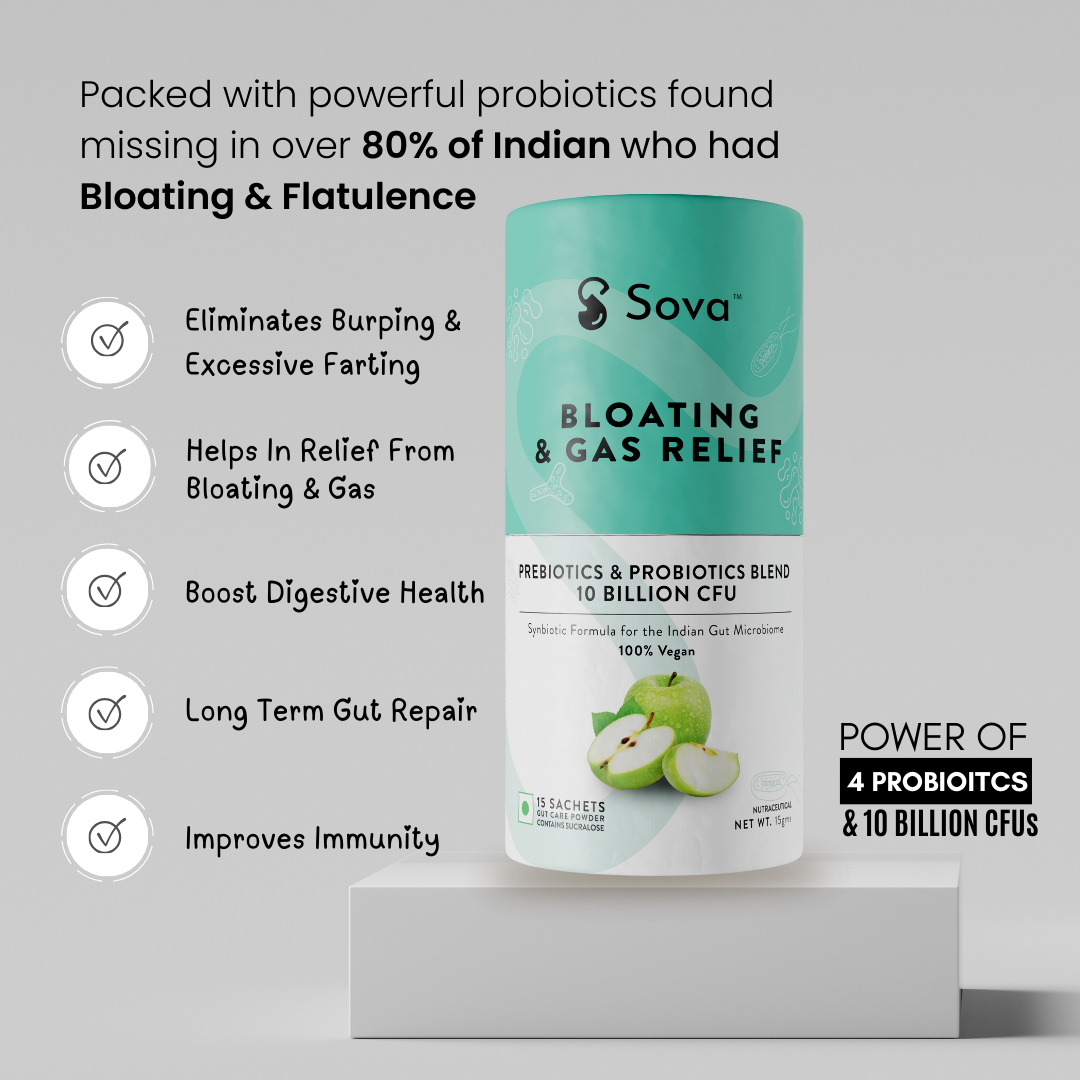
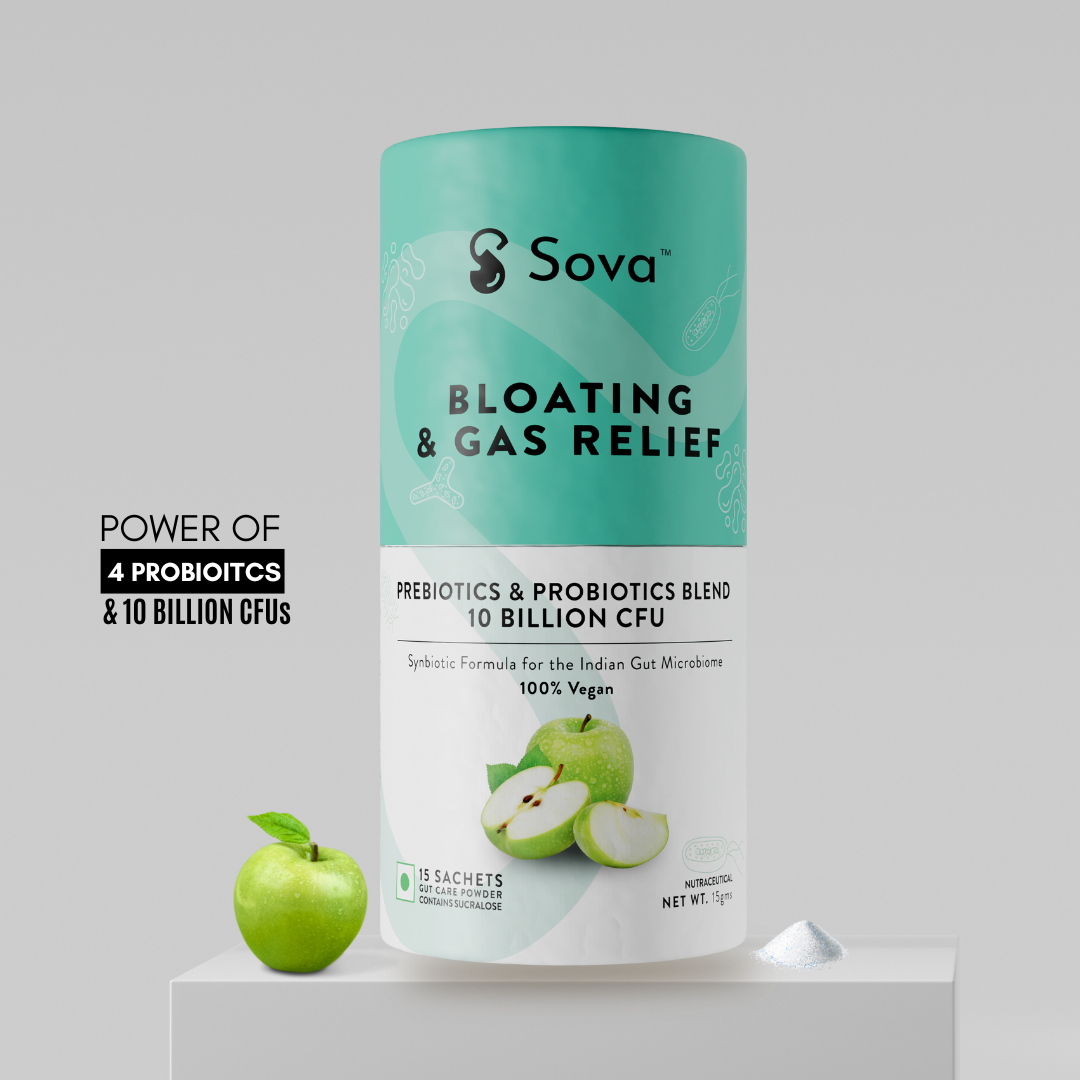
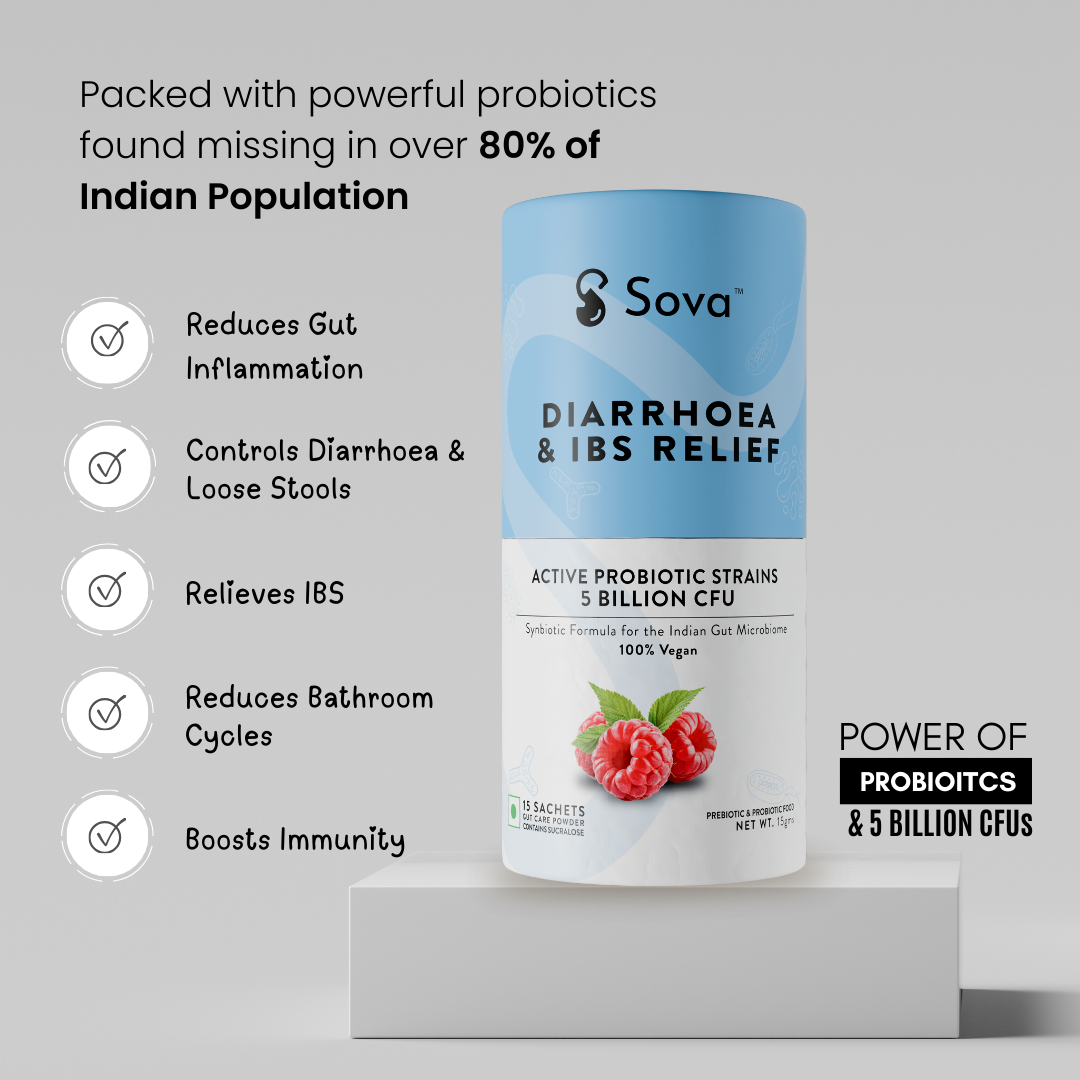
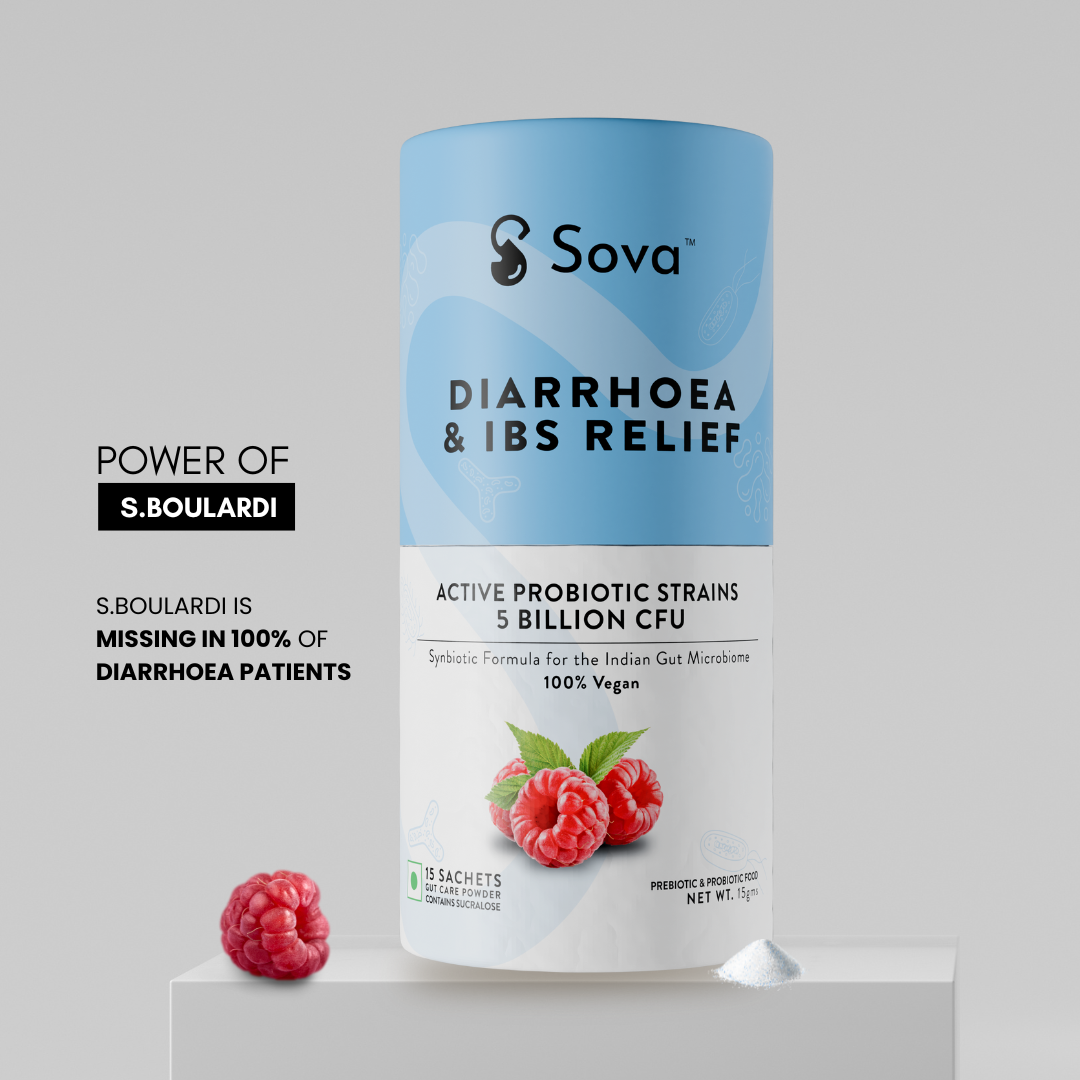


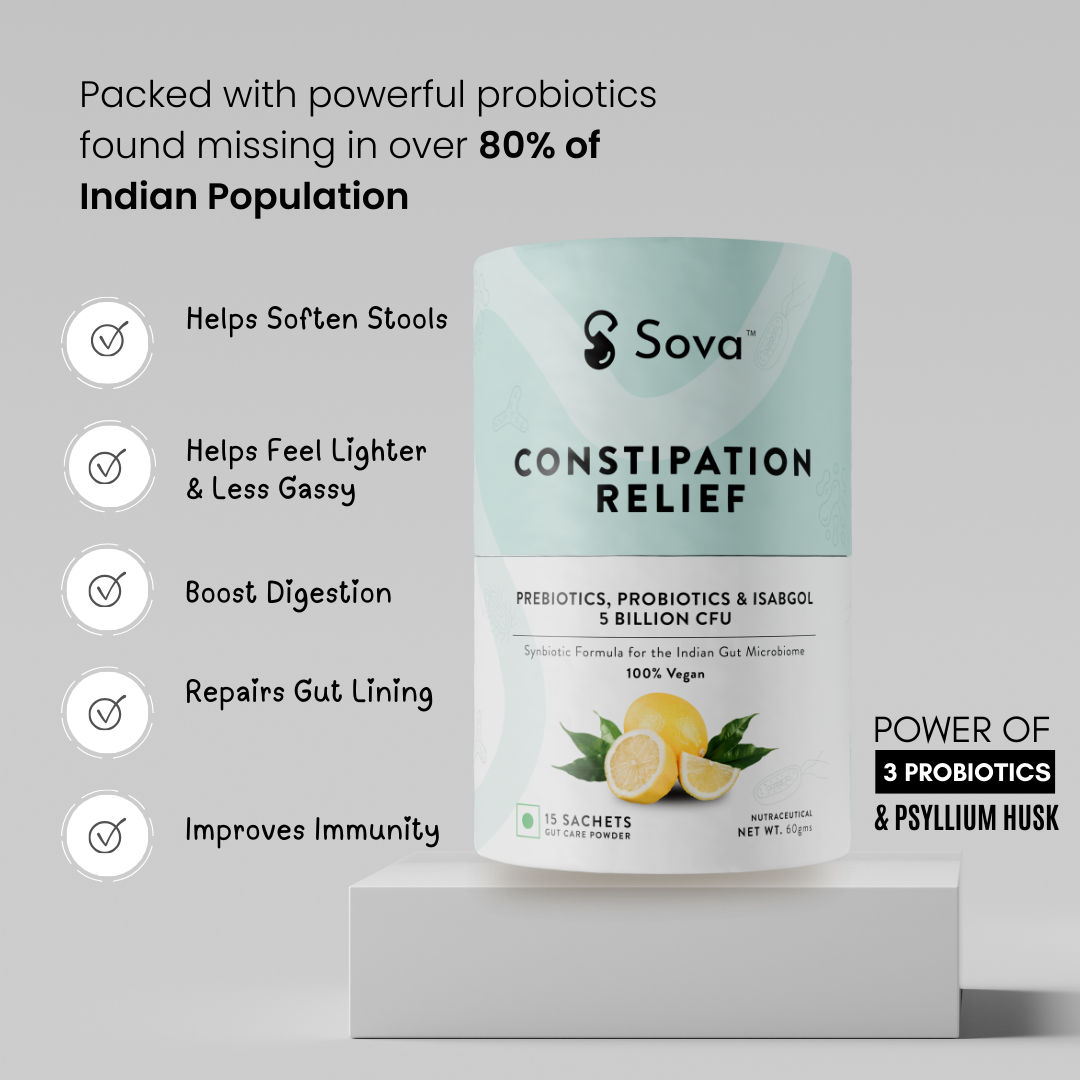
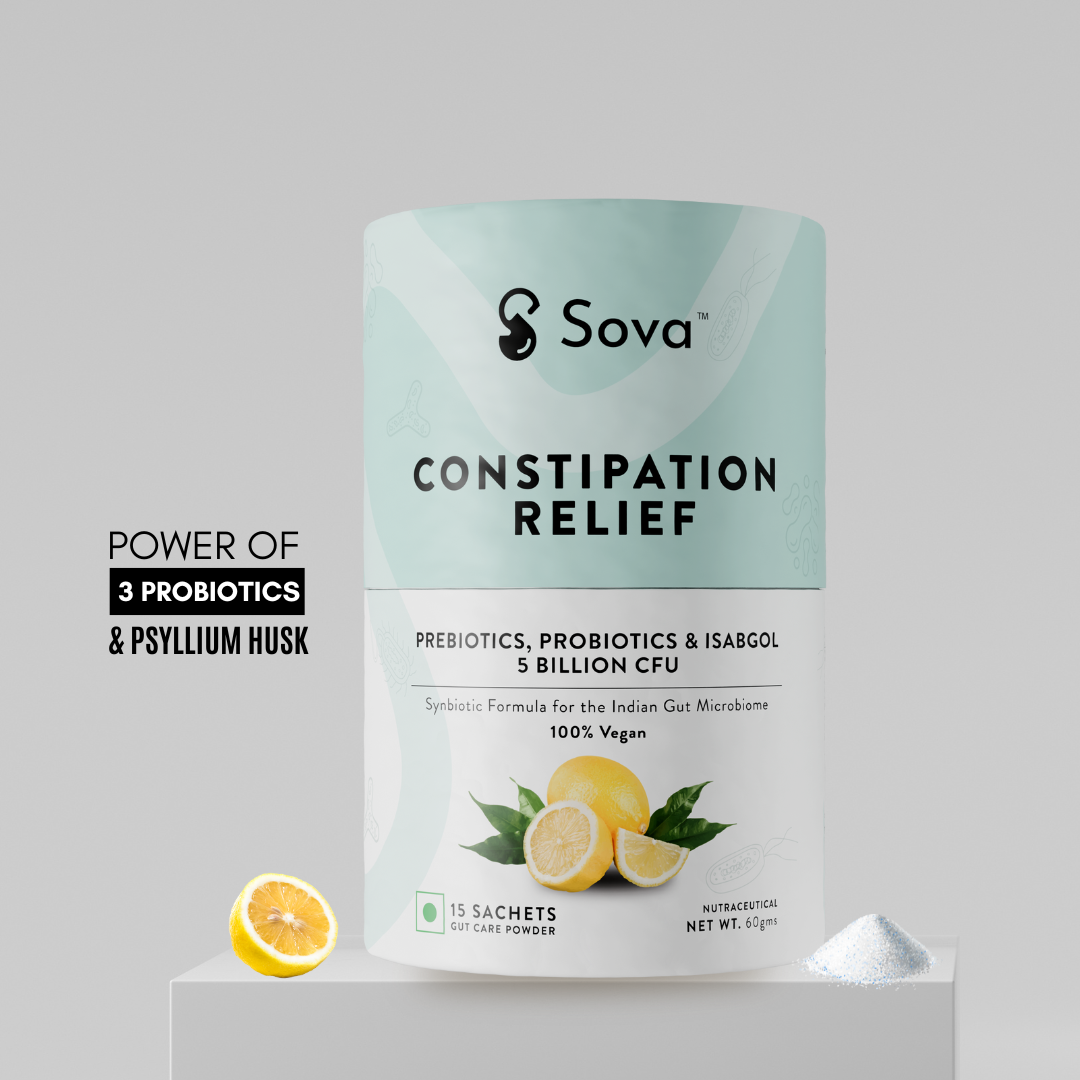

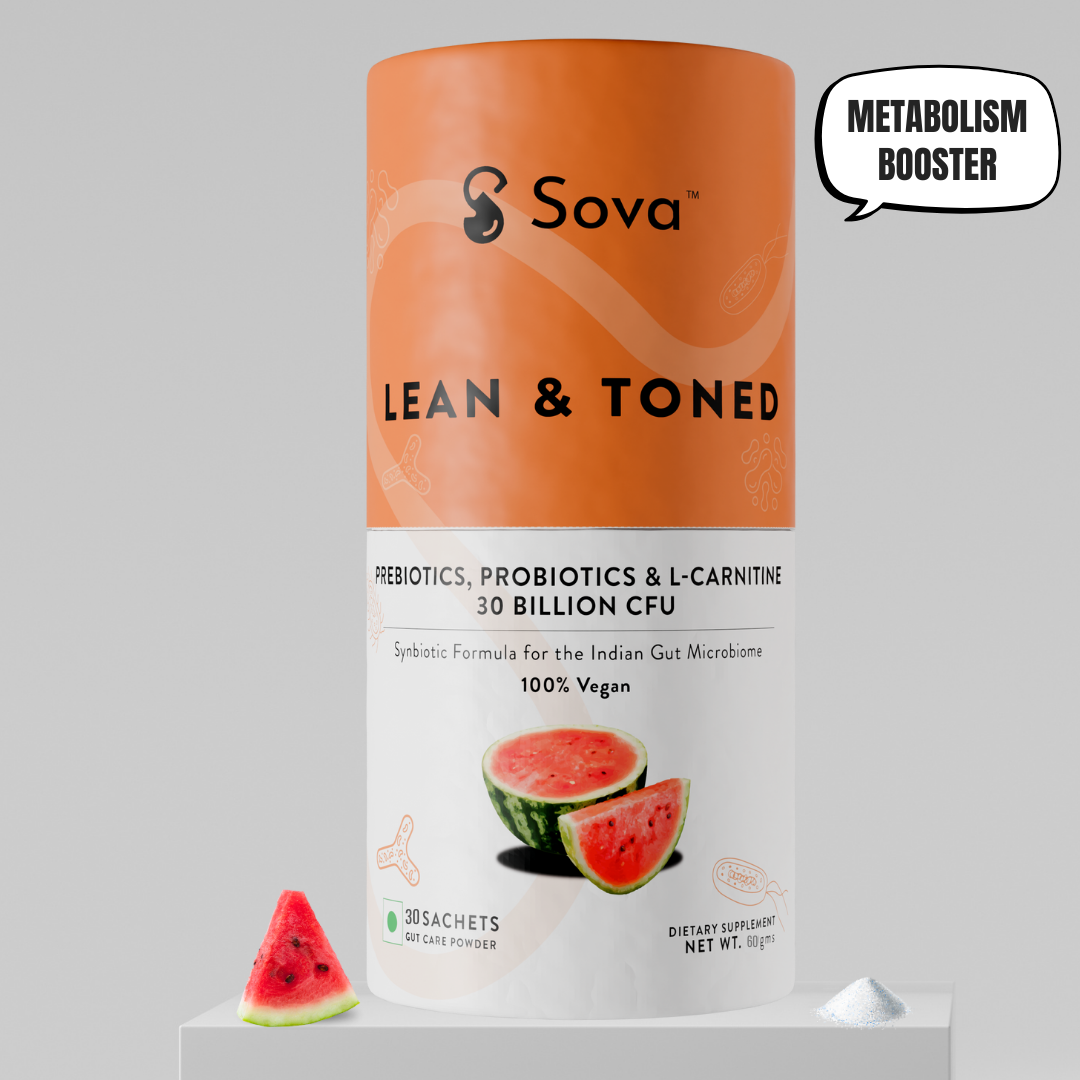
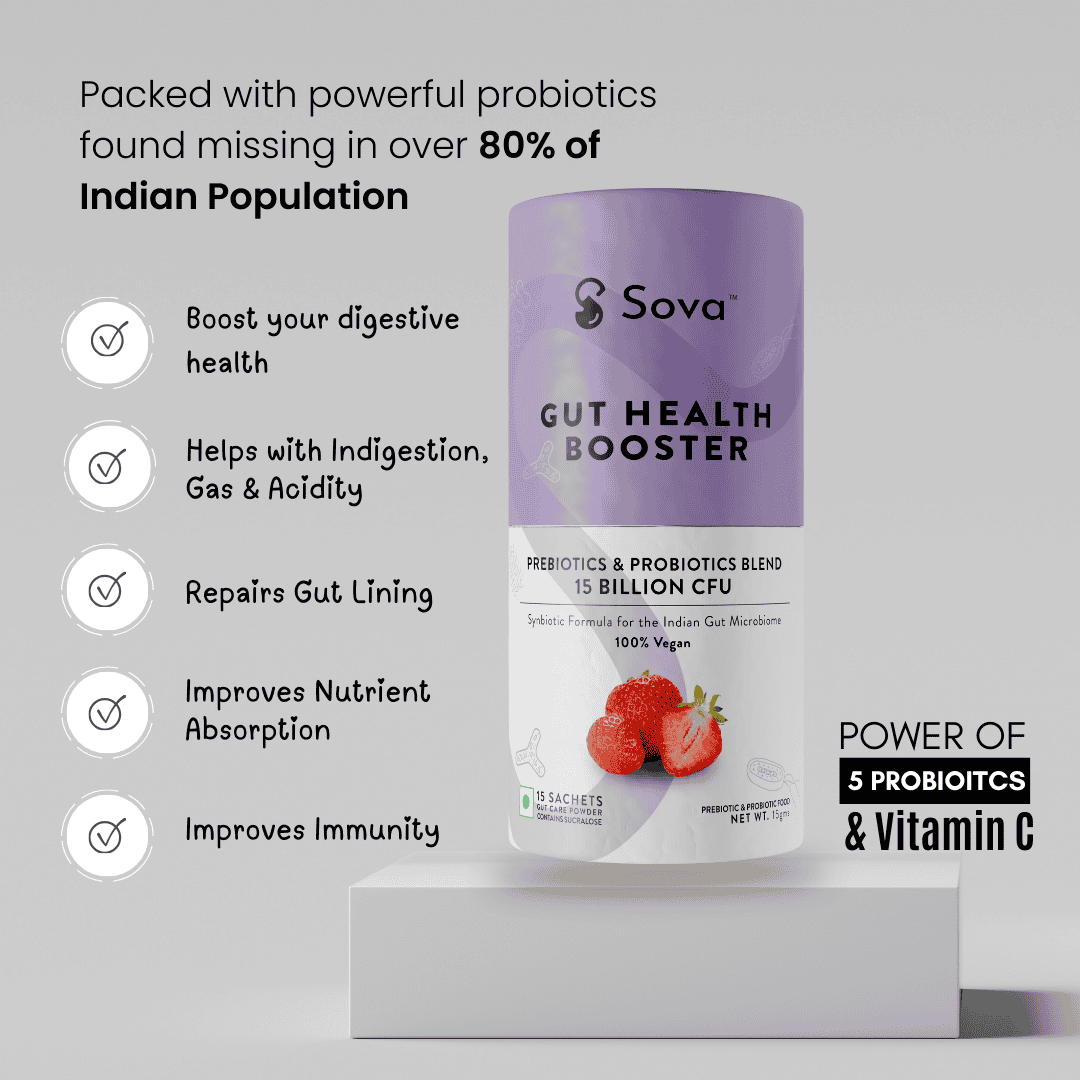
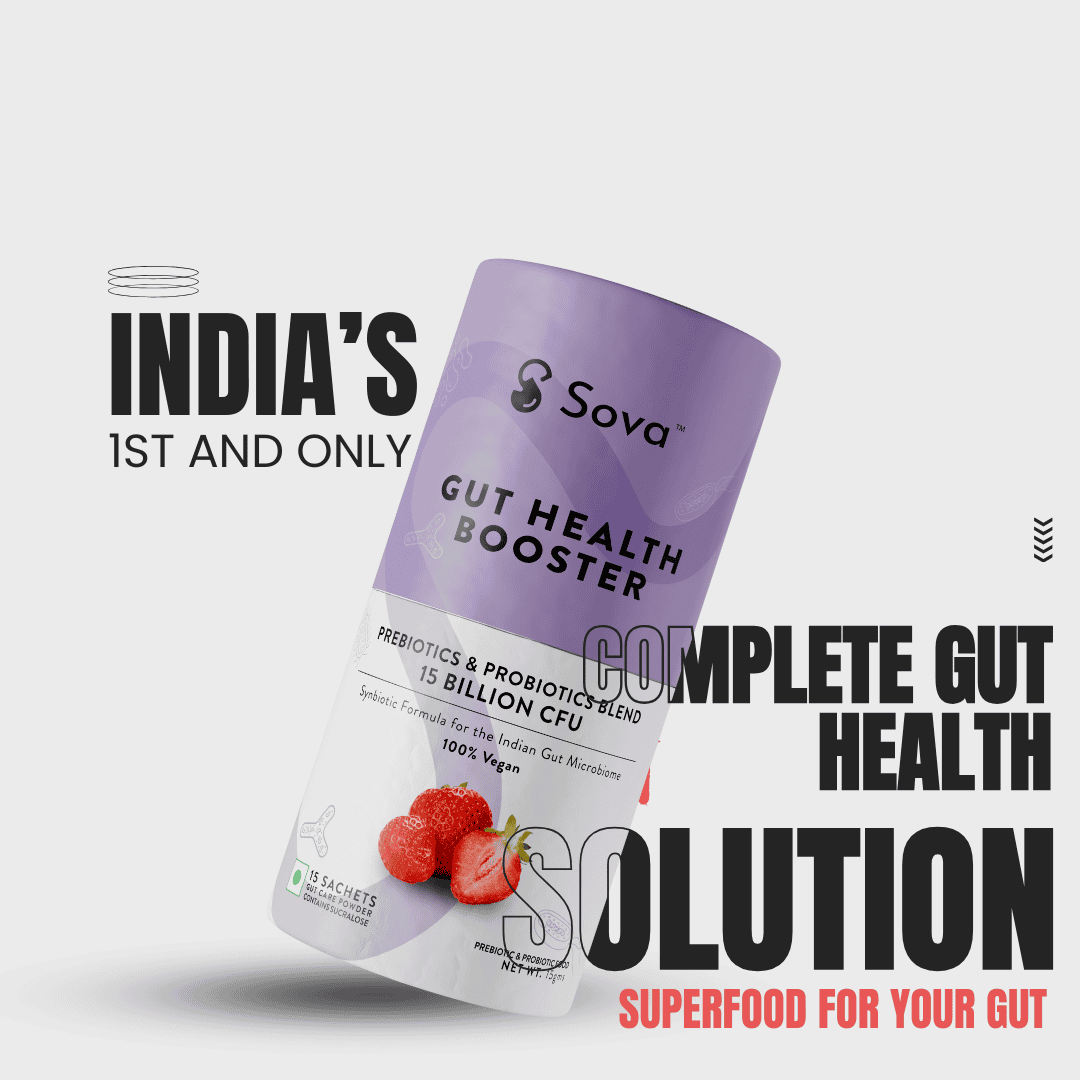
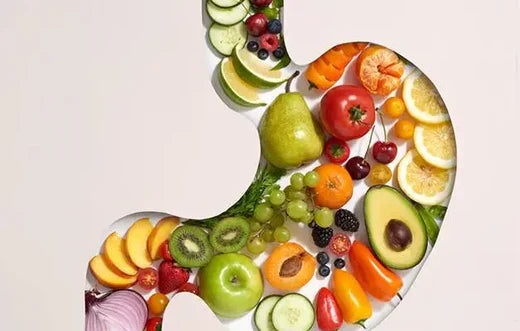

1 comment
Very useful information. Thanks